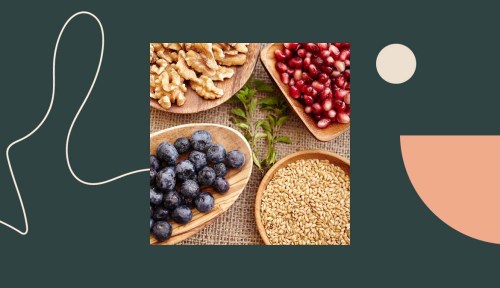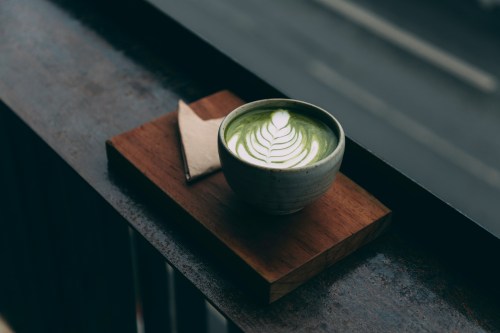It wasn’t long ago that inflammation emerged as the bogeyman of wellness. But, according to Karol Watson, MD, PhD, a cardiologist at UCLA, inflammation isn’t so scary.
Experts in This Article
cardiologist and co-director of the UCLA preventative cardiology program
registered dietitian nutritionist and owner of The Nutrition Tea
Tiffany Roe, LCMHC, is a mental health counselor in Utah.
“We forget inflammation is not just some bad thing. [But] that’s the main defense that our body has against invading microorganisms or infections or anything that shouldn’t be there,” says Dr. Watson. “You want the right balance of appropriate inflammation and appropriate anti-inflammation.”
In the latest episode of The Well+Good Podcast, with host Ella Dove, we hear from Dr. Watson, registered dietitian Shana Spence, MS, RDN, and mental health counselor Tiffany Roe, LCMHC, to learn whether the inflammatory language around inflammation has gone too far.

Humans experience short-term inflammation (from running, for example) as well as chronic inflammation. According to Dr. Watson, an anti-inflammatory food is “a food that does not trigger chronic inflammation and in the best sense, it may help moderate or lessen chronic inflation.” And Roe says discussions around anti-inflammatory foods often have more to do with weight than health.
“You’re going to hear words like ‘puffy’ and ‘bloated’ and ‘water weight,'” says Roe. “Really, what people are talking about when they say inflammation in the wellness sense is fat. And we’re just veiling this obsession with thinness and weight loss and using inflammation under the guise of health to make this more satiable.”
Instead of worrying about food, Dr. Watson says the focus should shift to stress management.
“We know that stress and anxiety are highly pro-inflammatory,” says Dr. Watson. “Stress hormones, or cytokines as they’re called, do a lot of things. They cause your blood vessels to constrict so you don’t always deliver the right amount of blood to the organs that you need, they cause your blood pressure to elevate, they cause things like eczema, outward signs that you see of inflammation, but those same things that you might see on the skin, sometimes they’re going on in your internal organs that you just can’t see.”
By oversimplifying inflammation, we’re inadvertently making it worse.
“We’re just really missing the mark when we’re dealing with genetic influences and stress influences and really complex issue when we just bring it down to ‘this food is the problem,'” says Roe. “We’re actually creating more problems because now you’re stressed about food. You’re restricting, you’re not participating in as many social events. Most social events have dairy and gluten and sugar. We demonize these foods under this guise of wellness and health and protecting you when really it’s just perpetuating harm. By trying to prevent inflammation, we’re creating inflammatory mental health issues.
Listen above, and subscribe to The Well+Good Podcast on Apple, Spotify, or wherever you get your podcasts.
Sign Up for Our Daily Newsletter
Get all the latest in wellness, trends, food, fitness, beauty, and more delivered right to your inbox.
Got it, you've been added to our email list.











